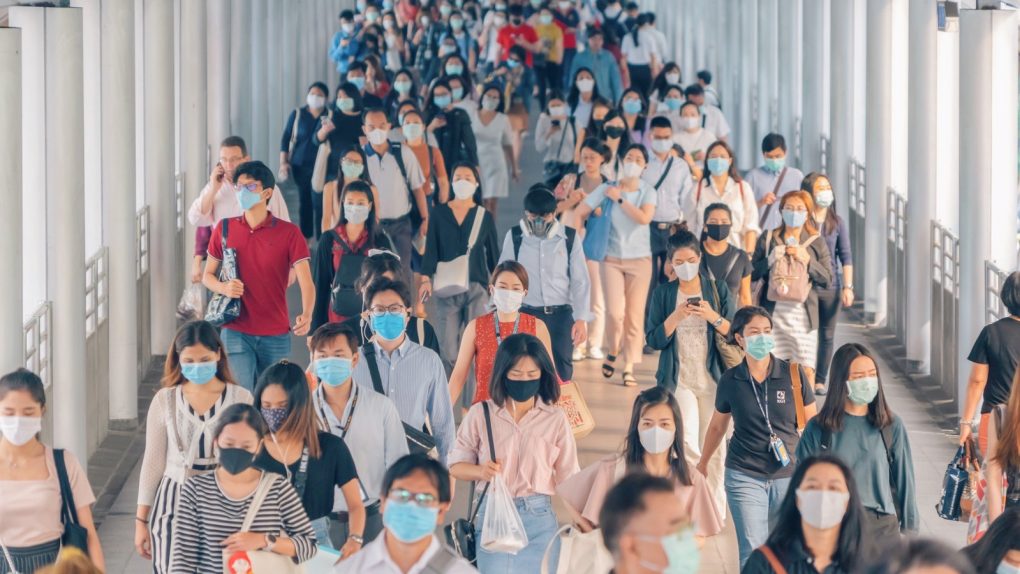- Most people infected with the novel coronavirus will survive COVID-19, but many patients continue to experience symptoms even after they clear the virus.
- These “long-haulers” continue to deal with scary COVID-19 symptoms for weeks or even months after the initial infection.
- A review of the possible symptoms of “Long COVID” indicates four different syndromes that coronavirus survivors experience most often.
Most people infected with the novel coronavirus will survive the illness and clear the virus from the system. That’s what statistics said from the early days of the illness, and something that COVID-19 deniers keep bringing up in support of their defiance. Some of them mistakenly liken COVID-19 to the flu or the common cold for the same reason. The reality is that the novel coronavirus is much deadlier than the flu, and it’s incredibly infectious. And not all the people who survive the first bout with the illness get well immediately. Scientists have detailed a chronic version of COVID-19 that persists even after the virus is gone. This is what’s called “Long COVID” and the patients who exhibit clinical signs of the infection after the virus disappears are often labeled “long haulers.”
Researchers are still trying to understand what causes the scary coronavirus symptoms that might linger after the patient clears the infection. But some scientists have already cataloged “Long COVID,” splitting it into four different potential syndromes.
A report from Britain’s National Institute for Health Research (NIHR) detailed the four different ways the infection continues to impact some patients for weeks after clearing the virus. The report says that thousands of people might be living with “ongoing COVID,” and the number will only go up as the second wave of COVID-19 hits Europe.
Recurring symptoms of Long COVID may impact several organs, including the lungs, the brain, the heart and the cardiovascular system, the kidneys, the gut, the liver, and the skin.
Four different syndromes have been associated with the ongoing illness, as follows:
- permanent organ damage to the lungs and heart
- post-intensive-care syndrome
- post-viral fatigue syndrome
- continuing Covid-19 symptoms
Some people may experience more than one syndrome at the same time. On top of that, patients might experience mental health problems directly related to their overall health condition.
It’s not just people who survived severe COVID-19 who experience long COVID symptoms. Even people who battled milder infections might end up dealing with ongoing symptoms. Some of these people might not be believed or treated accordingly after they test negative for the illness. “For some, this is related to their rehabilitation following a hospital admission – but others are reporting life-changing experiences that follow an initial infection that they managed at home, with symptoms becoming more severe over time,” the report says.
“We now know that there are people with no record of having Covid who are suffering more than someone who was ventilated for several weeks,” Report author Dr. Elaine Maxwell told BBC News. “We now know that there are people with no record of having Covid who are suffering more than someone who was ventilated for several weeks.”
Long haulers will need continued care, which could put an additional strain on medical resources during the pandemic, the doctor said.
Even so, more research is required to explain all the lingering symptoms that can follow the illness. “Our aim is that healthcare services and staff will use this review to understand better the experiences patients have to deal with and provide them with the access to treatment, care, and support they need,” Maxwell said.








